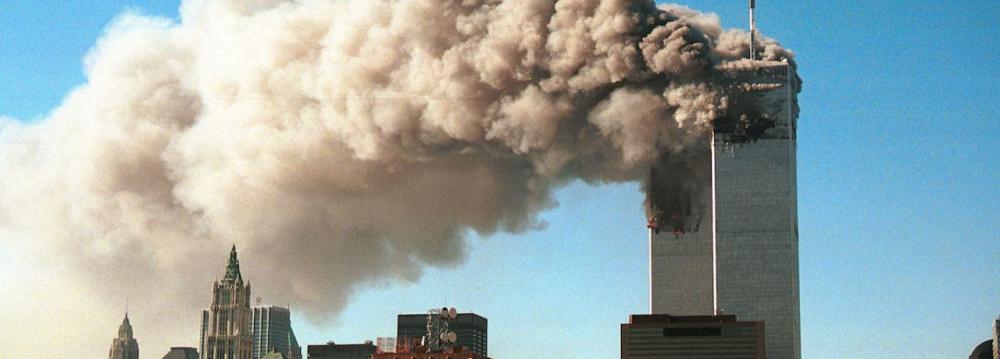The US Senate approved legislation that would allow September 11 victims and their relatives to sue Saudi Arabia over its possible role in the 2001 attacks.
Senators unanimously approved the Justice Against Sponsors of Terrorism Act that now heads to the House of Representatives.
The White House has repeatedly stated that President Barack Obama, who visited the kingdom in April to soothe strained ties, opposes the law because it would essentially waive the doctrine of sovereign immunity, AFP reports.
“This legislation would change longstanding, international law regarding sovereign immunity. And the president of the United States continues to harbor serious concerns that this legislation would make the United States vulnerable in other court systems around the world,” White House spokesman, Josh Earnest, said.
He explained that the United States was more engaged internationally “than any other country in the world.”
Undermining immunity, he said, would put Americans working abroad at risk.
The bill would allow 9/11 families to pursue cases in federal court against foreign governments, notably Saudi Arabia, and demand compensation if such governments are proven to bear some responsibility for the attacks.
Out of the 19 hijackers on 9/11, 15 were Saudi citizens. But no official Saudi complicity in the Al-Qaeda attacks has been proven and the kingdom has never been formally implicated.
In February, Zacarias Moussaoui, dubbed the 20th hijacker, told US lawyers that members of the Saudi royal family donated millions of dollars to Al-Qaeda in the 1990s.
The Saudi Embassy denied Moussaoui’s claims. But his accusations revived debate over whether the Obama administration should release a still-classified 28-page section of the 9/11 Commission Report.
The New York Times reported last month that Saudi Foreign Minister Adel al-Jubeir told lawmakers in Washington that the kingdom would be forced to sell up to $750 billion in treasury securities and other assets in the United States to avoid having them frozen by federal courts.


